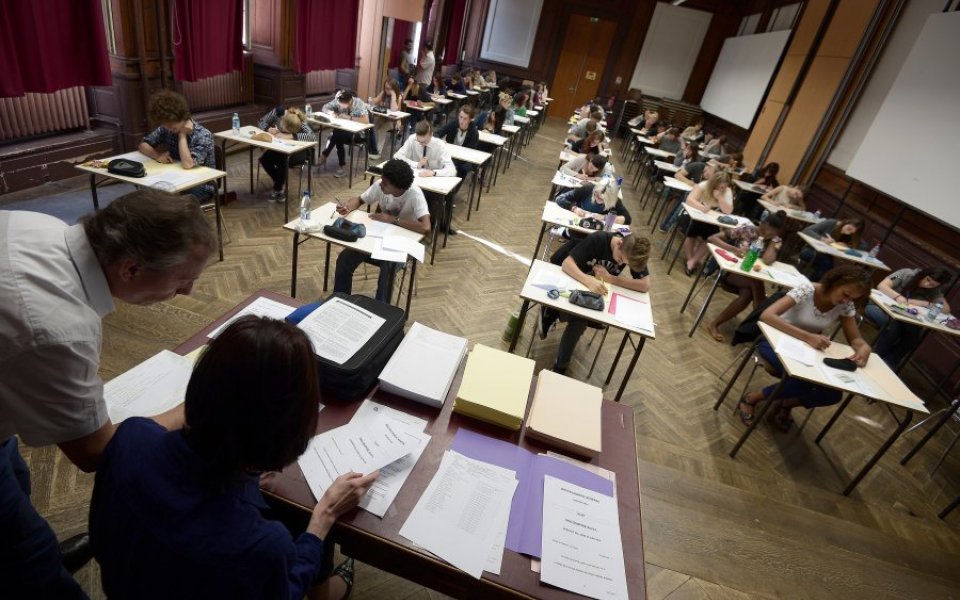To get pupils ready for the real world the education system need to drop the dogma on test results

The education secretary Nicky Morgan has announced plans to strengthen testing for primary school pupils in England. The government wants to re-introduce national tests for seven-year-olds as part of measures aimed at improving standards in schools with low exam results. The biggest set of policy interventions by the education secretary since taking up the role last July, the proposals form the centrepiece of a review into how pupil progress is monitored.
The government is right to want to improve standards. Skills learned and experiences gained in the classroom can be the most vital determinants of success for young people. However, there is concern among employers that the tests and monitoring system is having consequences for business, by unintentionally narrowing the focus of student learning.
Currently, all primary school pupils face assessments at 5, 7 and 11 years old, while secondary school students are assessed at 16 and 18.
Read more: Over-qualified and under-employed?
Employers are worried about how well the current schools system equips school leavers with the full range of skills and experience young people will need in the world of work. Many employers are eager to play a role in equipping young people with the know-how and experience to succeed in the global, digital economy.
Two-thirds of Institute of Directors (IoD) members, who are typically small and medium-sized businesses, say they personally want to work with schools to provide opportunities and share experience. However, 10 per cent of IoD members report reaching out to schools to offer things like work-experience and employment talks but being turned away by schools that are too scared to spend time on extra-curricular activities for fear that doing so would impact on their exam and league table performance.
This is a worrying trend given the importance that things like work-experience and career guidance can have on developing students' skills and ensuring they are ready for the world of work. Experiences that enhance a student’s workplace readiness are a vital compliment to the core curricula currently being taught in schools. A recent survey of IoD members showed the number one concern of employers was the lack of soft skills (such as communication and team-working) and workplace readiness.
Read more: Conveyor belt of UK graduates is not working by any metric
In an increasingly globalised economy we need to ensure that young people in the UK can go toe-to-toe with their international competitors. Computerisation, 3D printing, and big data are fundamentally reshaping the nature of the labour market. Academics at Oxford University have predicted that up to half of all existing jobs could be at risk of automation in the next 20 years. We are moving to an economy where, re-training, up-skilling, and life-long learning are becoming ever more important.
In that context it is vital that schools encourage creativity, agility, and a love of learning that helps to instil in students the ability to be enterprising and entrepreneurial. Schools should lead and inspire pupils to achieve all that they can, and even things they never thought they could. The fear for employers is that focusing too much on school test performance, at the expense of developing other talents as well, risks putting students off education, damaging their desire to learn and hampering their workplace readiness down the line.
The government need to be aware that too much emphasis on monitoring and assessment risks distorting incentives. We must be careful not to expect that extra testing will result in better learning.